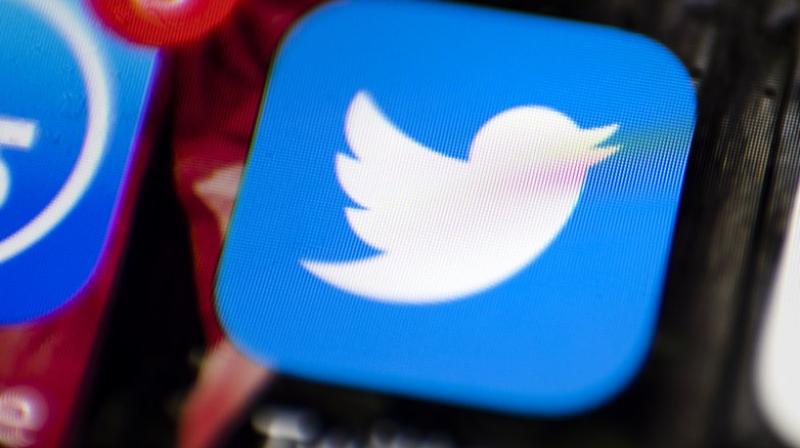Twitter is politically relevant

Since Twitter’s creation in 2008, the microblogging platform has become an irreplaceable part of both media and the internet, as millions of users type out short text-based messages to their “followers”, who can then like, respond, and retweet those messages. But Twitter is not just a toy, or an amusement, it’s a major source of information: mainstream media disseminate news and analysis through their digital platforms; politicians and government leaders use the site to engage in digital diplomacy and connect with worldwide audiences; users seek out debate, conversation, and education on all subjects possible.
Today, 336 million people worldwide use Twitter every month, and it’s become so important that it’s being used to influence the outcomes of elections and other significant events. Opinion influences action, and with powerful software tools at the hands of hackers or social media teams, messages can be spread and amplified with such volume that users can be made to believe that they’re true, and act on them — classic propaganda multiplied a thousandfold.
Pakistan, despite its low volume of internet users as compared to the rest of the world has a lively presence on Twitter. Users discuss national and global events in 140 characters. Every newspaper and television station has an official Twitter account; companies and television shows tweet out information and try to interact with the users who consume their products. The scope is vast: Imran Khan has 8.5m followers, news anchor Maria has 1m, Wasim Akram has 4.5m. Twitter is its own ecosystem, with etiquette and conduct that mirrors but also distorts how we live our lives offline.
Pakistani politicians, government officials, and party leaders all have Twitter accounts; they’ve realised that Twitter is the fastest way to reach the most connected and educated Pakistanis, of all social classes, ages, and walks of life, in order to influence their opinions and seek their support. Yet when leaders make statements on social media, they can be immediately challenged by the public, who present facts or counterarguments to dispute what’s being told to them. Unfortunately, this isn’t as effective as holding the powerful to account in the media or at the ballot box. It’s superficially more expedient, and for Pakistanis unused to long-term democracy, an incredibly seductive illusion.
When social media influences governments, Twitter can resemble the direct democracy of ancient Athens, but when it’s misused, or used badly, it looks more like the Roman political scene, where senators and citizens alike engaged in insults, slander and mockery. Pakistani Twitter users express their displeasure with their leaders by posting memes and jokes, erasing the traditional barriers and distances usually maintained between the governors and the governed.
Unfortunately, Pakistani politicians and officials have not adjusted well to the age of digital diplomacy. So far, their attempts at using the medium have been clumsy at best, damaging at worst. Leaders and officials across all parties and offices often disseminate misinformation and propaganda, tweet out unintelligible messages at the expense of language and grammar, and engage in slanging matches.
Given the importance of social media, it’s astonishing that no political party, nor the government has established an official policy for Twitter usage. Well-thought-out guidelines are badly needed on how to tweet transparently and accurately about governance, diplomacy, or political policy and initiatives; this would make our leaders look much more professional online. The Foreign Office should provide directives to all its diplomatic missions and ambassadors on how to promote Pakistan’s image and our achievements in the countries to which we are connected and attempting to connect. Meanwhile, politicians and leaders must interact with the public in a more formal manner, while still maintaining a personal touch.
The implications for political sway and global influence through social media are only just becoming apparent. Pakistanis who represent authority must learn how to act like leaders, not thugs and buffoons, on social media. A uniform policy for social media must be created and adhered to by government representatives if we want to make use of this powerful medium. There are many examples of other governments who have done so successfully: the Dutch on Twitter and the Swedish on Facebook. We should attempt to follow suit, otherwise we’ll squander this opportunity, like we have so many others, to harness one of the world’s most powerful digital tools.
By arrangement with Dawn

